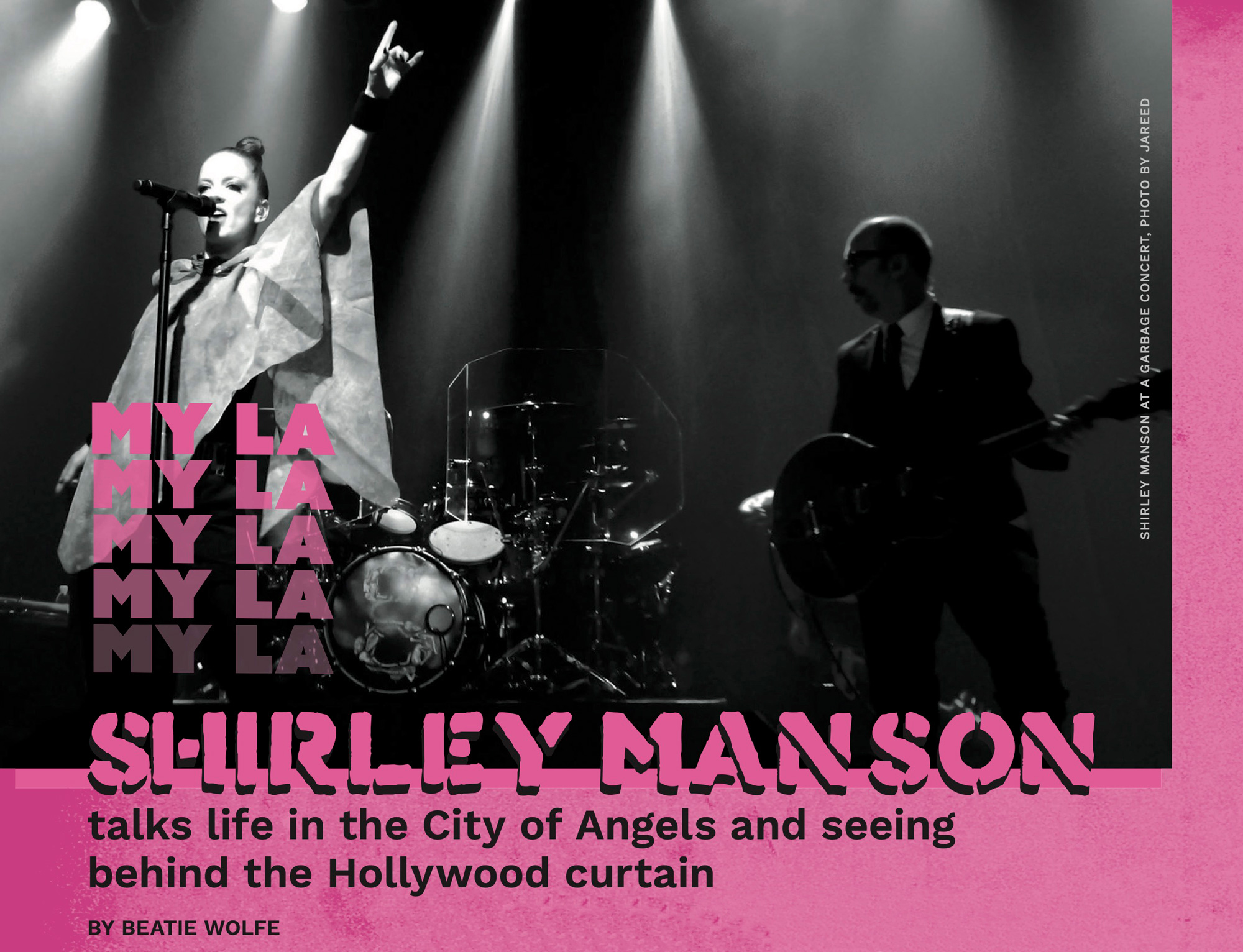
MY LA: Shirley Manson Talks life in the City of Angels and her experience of LA Lockdown
By Beatie Wolfe
Published Issue 089, May 2021
AS PART OF HER COLUMN FOR LONDON’S EVENING STANDARD NEWSPAPER, BIRDY FRIEND, ARTIST BEATIE WOLFE, SITS DOWN WITH AN INSPIRING LOS ANGELES RESIDENT. THIS MONTH? GARBAGE ICON, ACTIVIST AND FORCE SHIRLEY MANSON
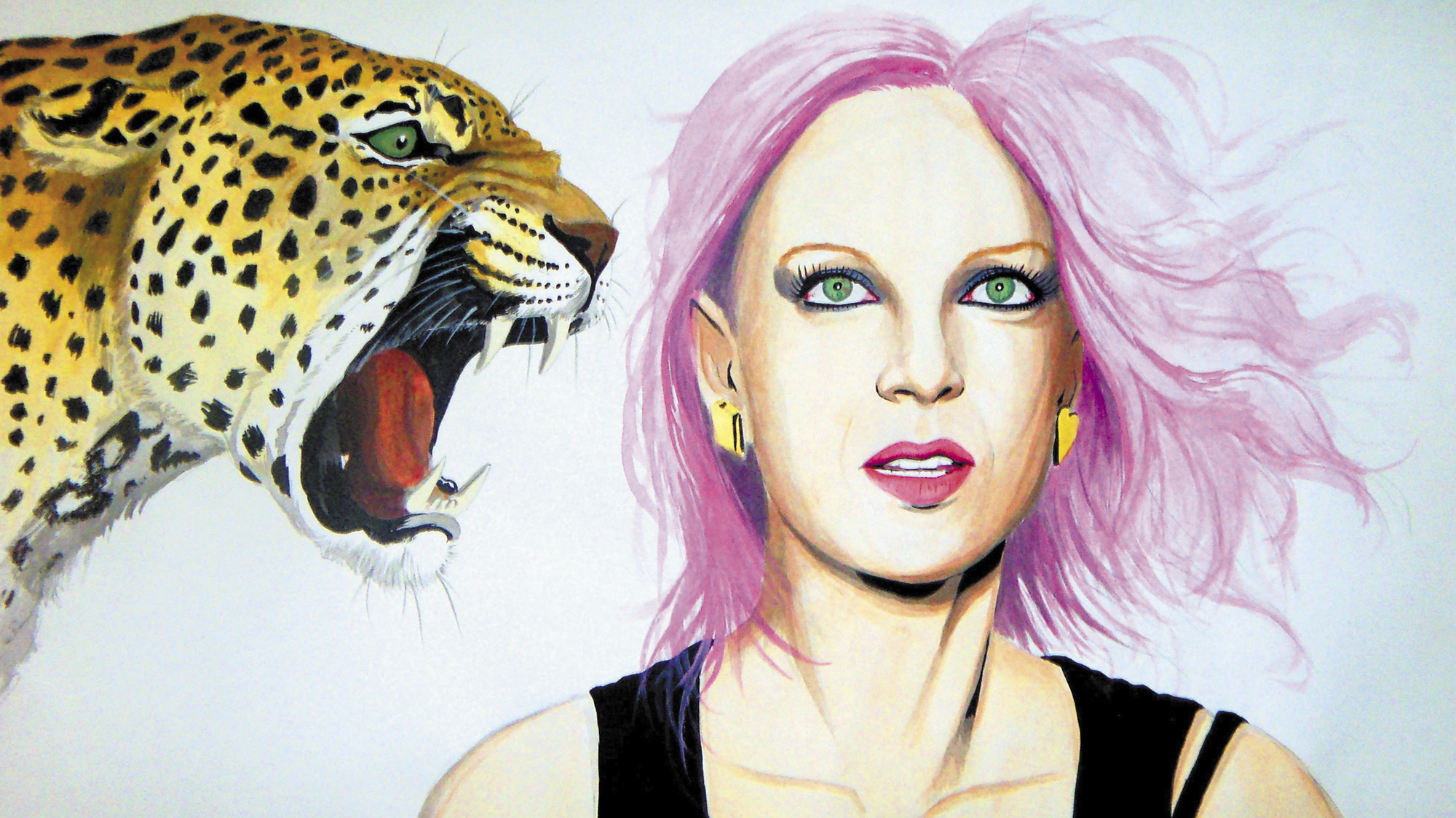
Garbage frontwoman, alternative icon, activist, feminist and undeniable force of nature Shirley Manson remains one of the most enduring and authentic voices in the world of culture and entertainment today.
An inspiration to future generations of artists, Mason’s creative career has spanned (and thrived) across three decades and included selling 17 million records, opening the Scottish Parliament, recording a Bond theme song, receiving numerous awards and starring in the major U.S. television show Terminator: The Sarah Connor Chronicles.
As an outspoken believer in human rights, and not one to be silenced, Manson has used her platform to speak out on issues ranging from fur in fashion to Aids funding to LGBTQ+ rights.
Artist Beatie Wolfe sat down with Manson, an LA resident since 2006, to talk about the best (and weirdest) things about life in LA.
What are you currently working on?
I am currently in the midst of trying to finish Garbage’s seventh studio album so that’s my main focus. What’s weird about this record is I usually don’t really like the records until they get mixed, but with this one I’ve felt pretty confident, which is really unlike me, which then makes me question myself. So maybe this time round I’ve just lost my mind. Maybe this is a pile of shit and everyone’s going to hate it. But up to this point I love it.
Your new record in three words?
Questioning, bold, defiant.
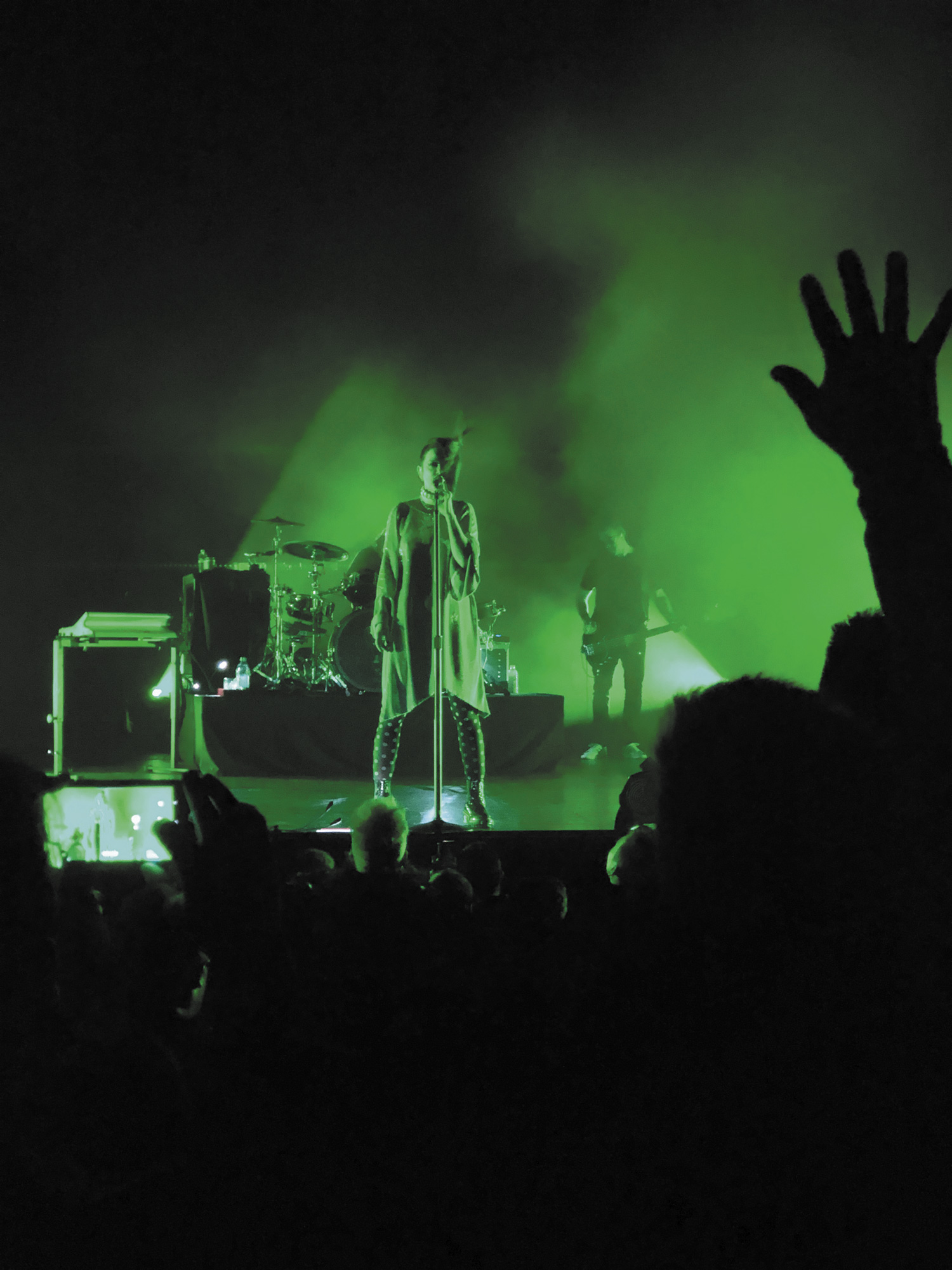
What do you love most about this city?
It took me a long time to fall in love with Los Angeles. It was too hot, it felt desolate. I didn’t enjoy the car culture. I hated the sunshine. The list is endless! But having lived here now for a long time, the things that I love and value the most about Los Angeles are: I fucking love the car culture! I learned to drive here and I love getting into what I always think of as my little space rocket and being alone and listening to music. I also love how much it’s a melting pot of cultures and people; how it’s chock-a-block full of colors and races and ideas and influences. And the thing I love most about this city is the musical community.
How did you end up moving here?
Garbage was having some interpersonal problems and we decided to take a break from one another before we killed each other. At the time I was living in my boyfriend’s flat in Madison, Wisconsin, and when I came back from the tour I said: “I have to get out of here, I can already feel the roots growing around my legs and otherwise I’ll die here.” So we decided to look for a place either in Los Angeles or New York. New York was so extortionate. So we decided on LA and it was basically in order to survive. We wanted to be in a city where there was always opportunity. One thing I learnt living in Edinburgh — where there was no music industry and everything went through London — was that you have to go where the opportunities are. So I was willing to move and I’ve always been willing to move.
Something that Los Angeles opened up for you?
A relationship with nature that I’d never had in my life. I grew up with a father who was obsessed with nature and would force me as a child to tramp around the hills and vales and forests of Scotland. And I hated it, it made me crazy and made me miserable. Then when I moved here I adopted a rescue dog and spent five years traipsing around the hills of Griffith Park and that awakened an appreciation of nature in me that I had completely shut down. So that got me out and I started to hike and the physicality of that changed me. I really did chill out and I’m much happier now than I’ve ever been.
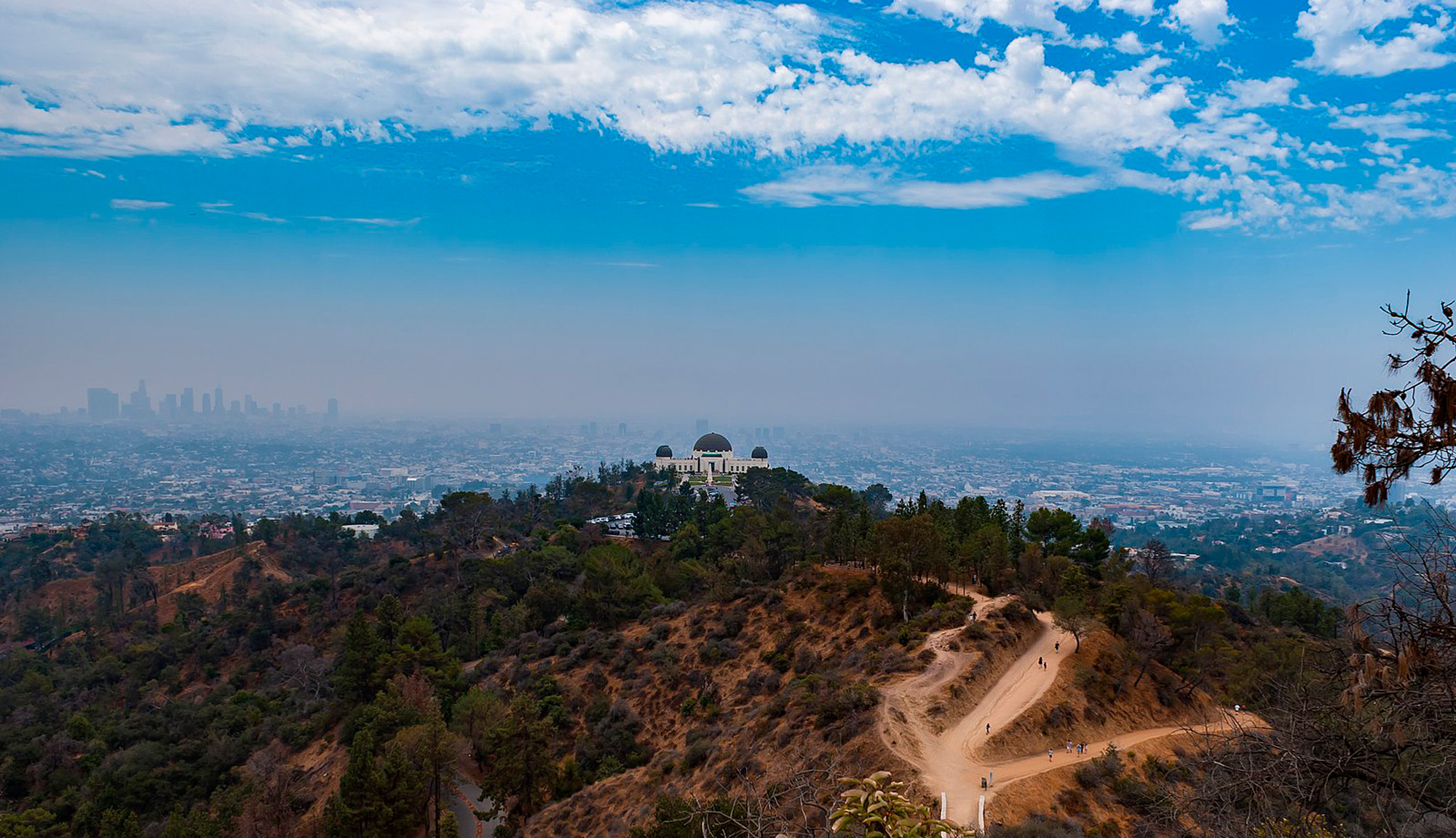
Has the city changed the way you create?
Well I’ve never enjoyed the kind of musical community that I enjoy here in Los Angeles. I used to feel very limited in Scotland when I was growing up in the 80s. It was wickedly competitive and bands were cruel and it was very much a case of if we’ve got this, you don’t get yours. Then I came to Los Angeles and there were so many incredible musicians who had extraordinary skills and who we’re willing to do anything with and for you. And it’s so freeing as a musician to know that you could have some kookie idea, like, I want a flugelhorn with some guitar effect and there’s someone who specializes in that, who can come in for an afternoon and it’s done. Everybody’s so willing to help each other here.
Something that people might not know about you?
I’m a really good gardener. When I first moved to Los Angeles, my next-door neighbor came over as I was digging away (and basically planting a British garden) and said: “That will never work, you’re wasting your
time.” And I was like: “Fuck off!” But thinking deep down, oooh he’s probably quite right, it’s too sunny, etc. However because the band was on hiatus, I tended that garden and that garden was extraordinary. It was so beautiful. Full of blooms and roses and camellias and azaleas. It was my little secret garden, a piece of UK culture in the midst of the desert.
Someone who’s made a tangible difference on your life here and why?
My acting teacher Sharon Chatten changed my whole way of thinking about creativity, which allowed me to honor gifts I had been given instead of rejecting or diminishing them. So I’ve really flourished as an artist since moving here. She taught me this one thing, it’s the most simple advice, and when she gave it to the class, I was full of contempt, I was rolling my eyes and I wanted to scream and run out the classroom. The phrase that she wanted us to say as a kind of mantra before every class was: “I have time” and after a while I started fi nding myself, like if I was in a queue or people were being too slow, I’d say to myself, “You have time” and it would literally calm me. I find that to be one of the most profound things I’ve ever learnt and I can apply it to all kinds of experiences in my life.
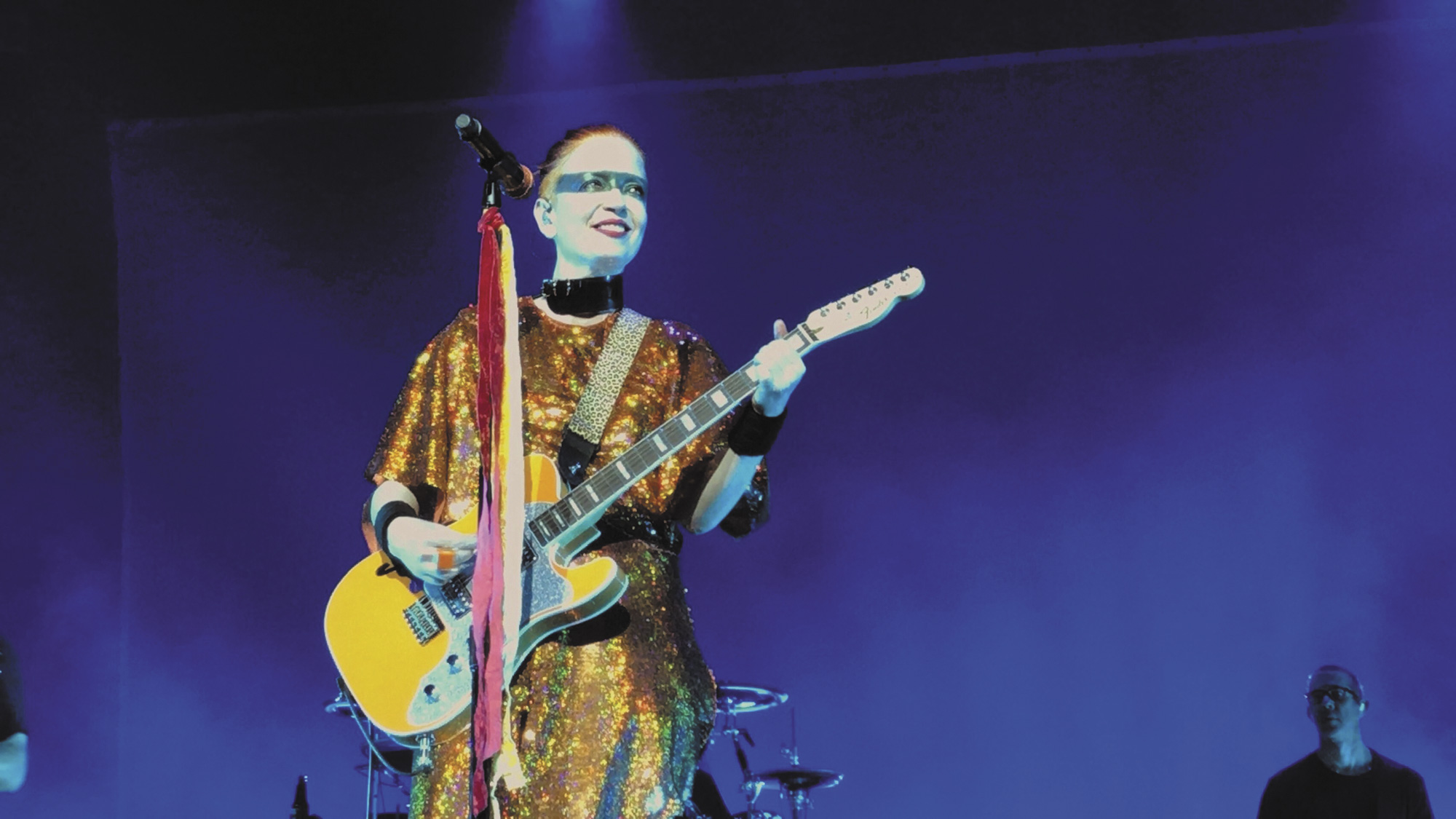
Any other words of wisdom that stuck?
I remember Sharon also saying: “It doesn’t matter how talented you are, if you are unbearable on set, nobody is going to want to work with you!” And that was like a slap around the face!
Is there anything you’ve learnt about yourself since being here?
That I am an enthusiast. I am pretty passionate about everything and it’s been both the greatest driver in my life and also one of the most disruptive because I’m currently in a climate where people value cool, and not showing your true feelings, and I’m the complete opposite. I get overly passionate constantly on a daily basis. Everything and anything really causes a sort of wonder in me and I’m very interested in other people.
Where do you go to get re-inspired?
I go to art galleries. My acting teacher would say: “You must live a life as an artist. You cannot be a careerist. If you think only about the business side, and selling records, your art will die.” And that’s what happened to us in Garbage. We were under so much pressure from small record labels who existed solely because we were selling records. They put a lot of weight on our shoulders and that eventually broke our spirit. So Los Angeles has definitely been a city of renewal for me in that regard because great art comes through here.
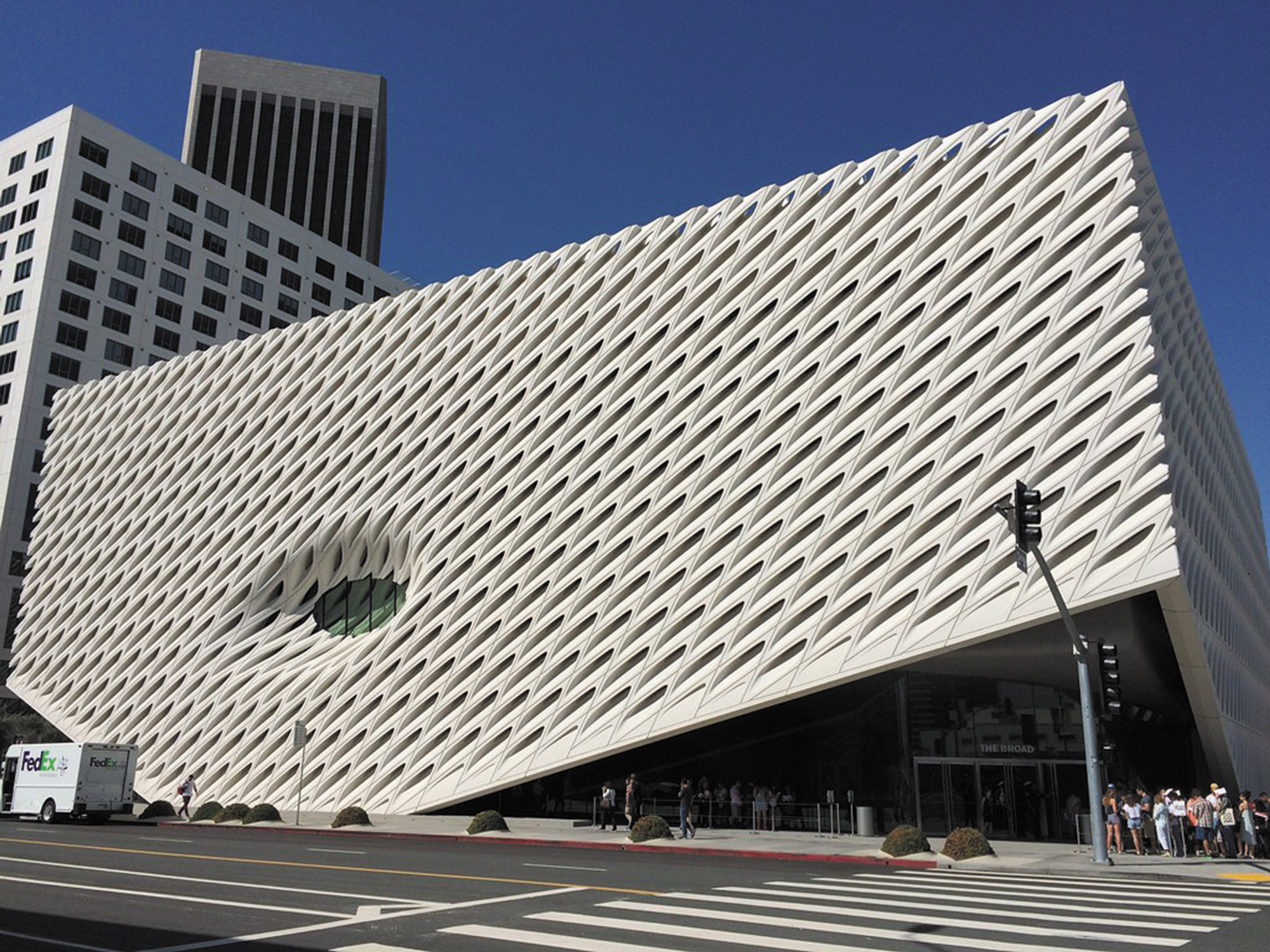
The last show you went to that really woke you up?
Shirin Neshat at The Broad was the last show I saw and Shirin is one of my heroes. There was also an incredible retrospective show at LACMA called In Wonderland: The Surrealist Adventures of Women Artists in Mexico and the United States which featured artists like Leonora Carrington and Frida Kahlo, and I found that really thrilling as women’s contributions to art have been so negated for so long. It is changing slowly. So to see all these retrospectives that did not exist and to finally see the power of that work and all of those ideas, that are so very different from what we’ve been exposed to thus far, is really
thrilling.
A space in Los Angeles that you particularly love?
I love the Cathedral of Our Lady of Angels, just being in that space and walking into the crypts and seeing all the tombs. I’m attracted to cool spaces because I really do genuinely just get too hot as a redhead. So I’ve always loved graveyards and churches in general. I love Hollywood Cemetery too. And then there’s a little glade in Griffith Park called Ferndell, just before you walk up the mountains, which feels a wee bit like home and delights me everytime.
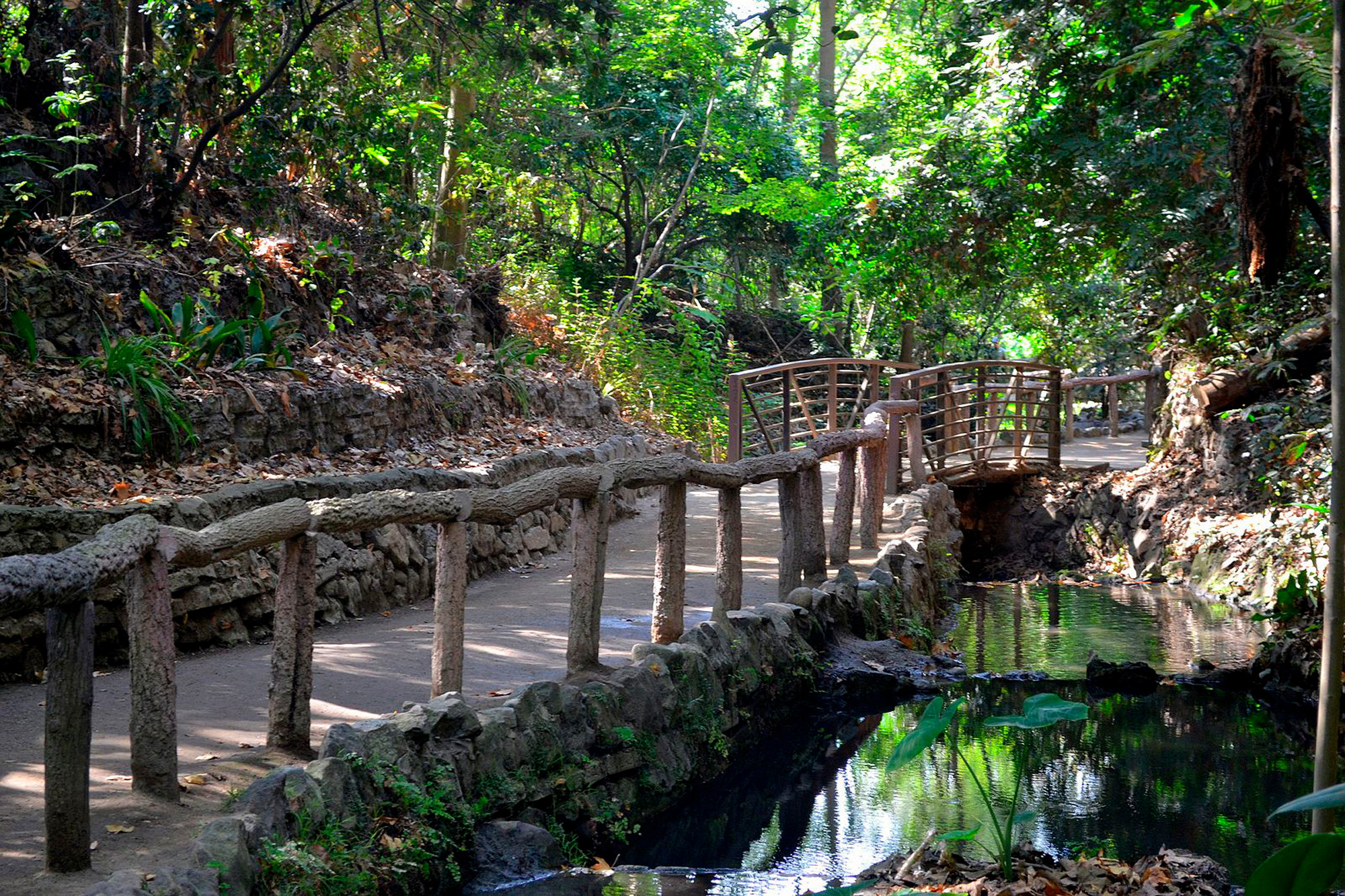
Favorite area or neighborhood?
Ooh, I love Hillhurst. I love Los Feliz.
A place you love that people might not know about?
The Museum of Jurassic Technology is extraordinary. It’s one of the weirdest places I’ve ever been. They have an incredible gift shop and bizarre exhibitions and theatrical sets of all kinds of things like dogs in space and Cat’s Cradle, which I was obsessed with as a child. So that really captured my imagination. It’s all so peculiar. They’ve got a marvelous cake selection upstairs in this beautiful little courtyard where you can get amazing cups of tea and yummy cake.
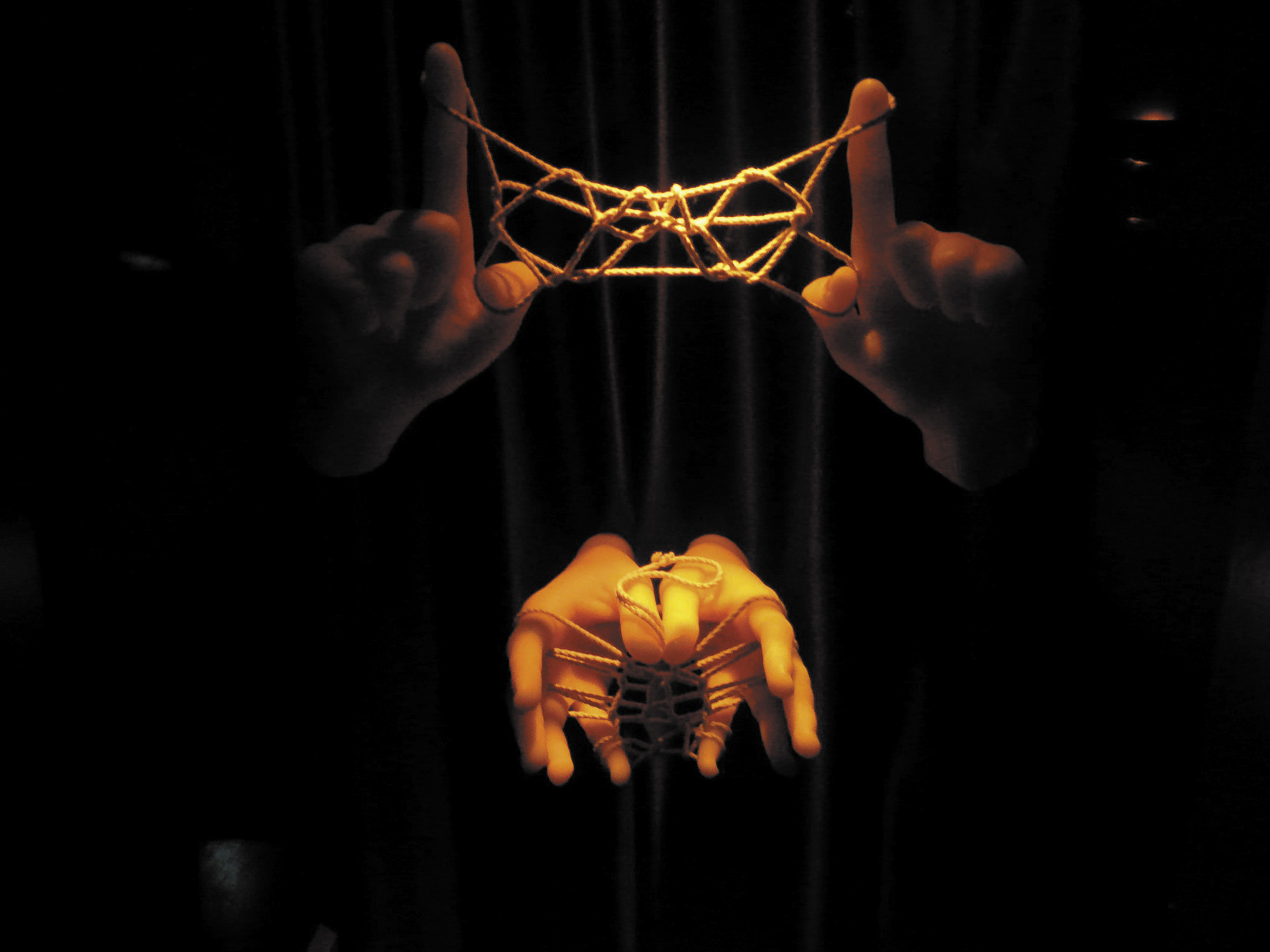
Something that always makes you smile?
My dog. My dog is literally my lifesaver. She taught me how to be with people, to enjoy just being alive instead of worrying all the time. It was like: Let’s walk. Let’s move. Let’s look. Let’s listen. Let’s smell. Let’s feel things. Let’s be nice and cozy. It is incredible instruction, a dog that you really have a close relationship with, it’s really profound.
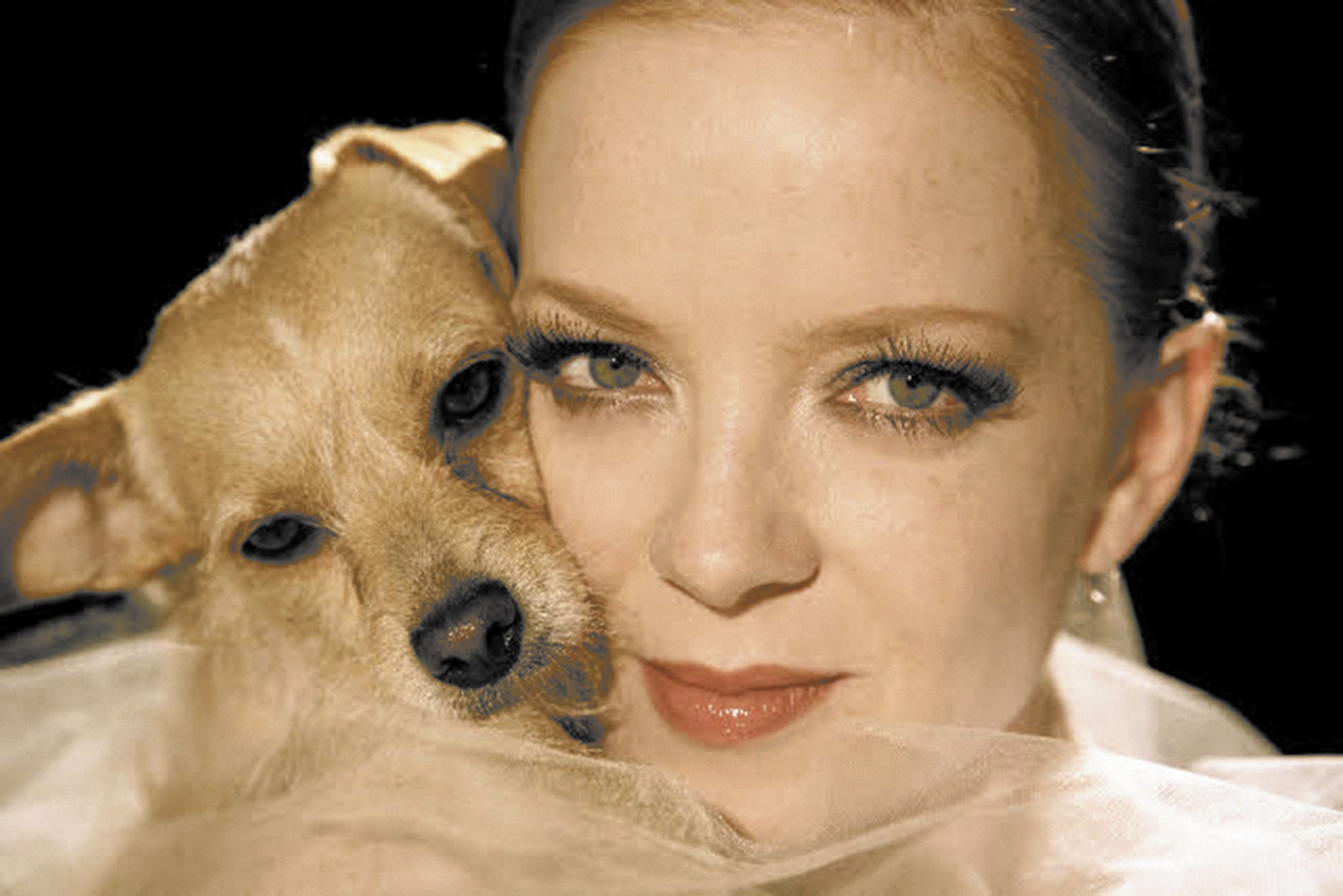
Something that only happens in this city?
There’s a certain type of entitlement here that I’ve not encountered anywhere else and the belief that there is no such thing as anybody else’s time, only “my time,” and I really don’t like that. And there’s so much money here, it’s obscene, and with that comes a complete lack of concern (it seems to me as a Brit here) for an ever growing homeless population that is literally spilling out onto our streets.
Biggest misconception about the city?
That it’s superficial.
What’s overrated?
Beverly Hills. I think it’s almost bordering on laughable at this point.
Underrated?
The cuisine here is extraordinary. You can have anything you want, whenever you want it, and it’s almost always delicious. It’s such a privilege.
Favorite place to eat?
I love Otium, which is next to The Broad. You can go to The Broad and have an amazing experience there and then toddle over to Otium which is delicious with a really young, ambitious chef and yummy food.
One word you hear too much?
I hate how everyone here says “like.” You know everything is: “… and I was like, and then they were like, and then we were all like.” That drives me to the brink of madness.
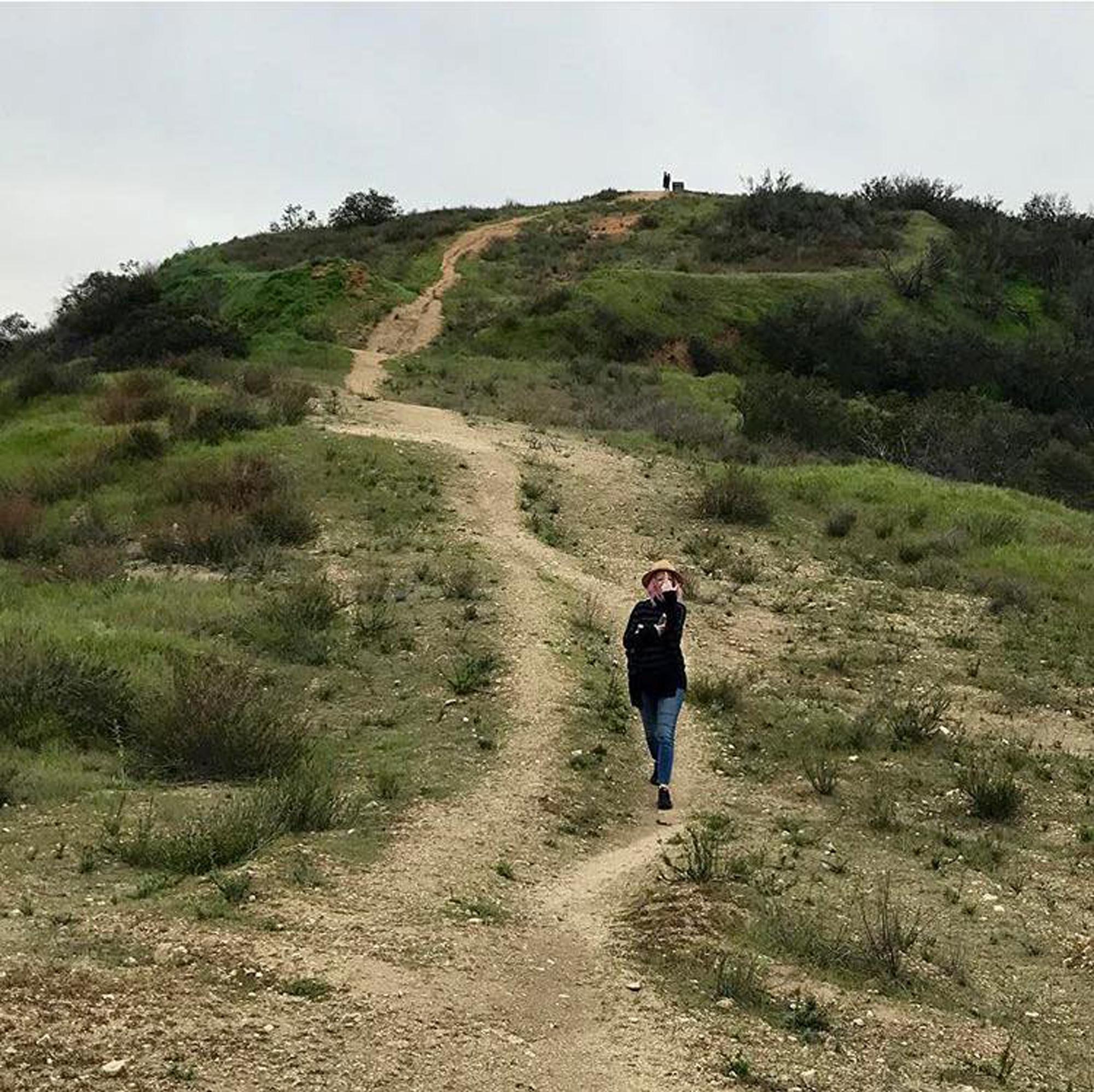
One word you say too much?
I say things that make my own toes curl like “perfecto!” I say that a lot and it’s really annoying and embarrassing. And then I say “c***” a lot which offends everybody and I say “fuck” a lot.
A career experience here that really made a mark on you?
Acting in a big TV show, called the Sarah Connor Chronicles, in which I played a Terminator. It was so surreal to me at the time and I couldn’t understand how I was there, cast in a pretty substantial role. I had my own parking spot marked out with my name on Warner Brothers lot, which is where Bette Davis films were made, films like The Titanic, really famous movies. And I had my own director’s chair with my name on it. It was the quintessential Hollywood experience and one of the most wild rides of my life. I got to see behind the Hollywood curtain and it was fascinating.
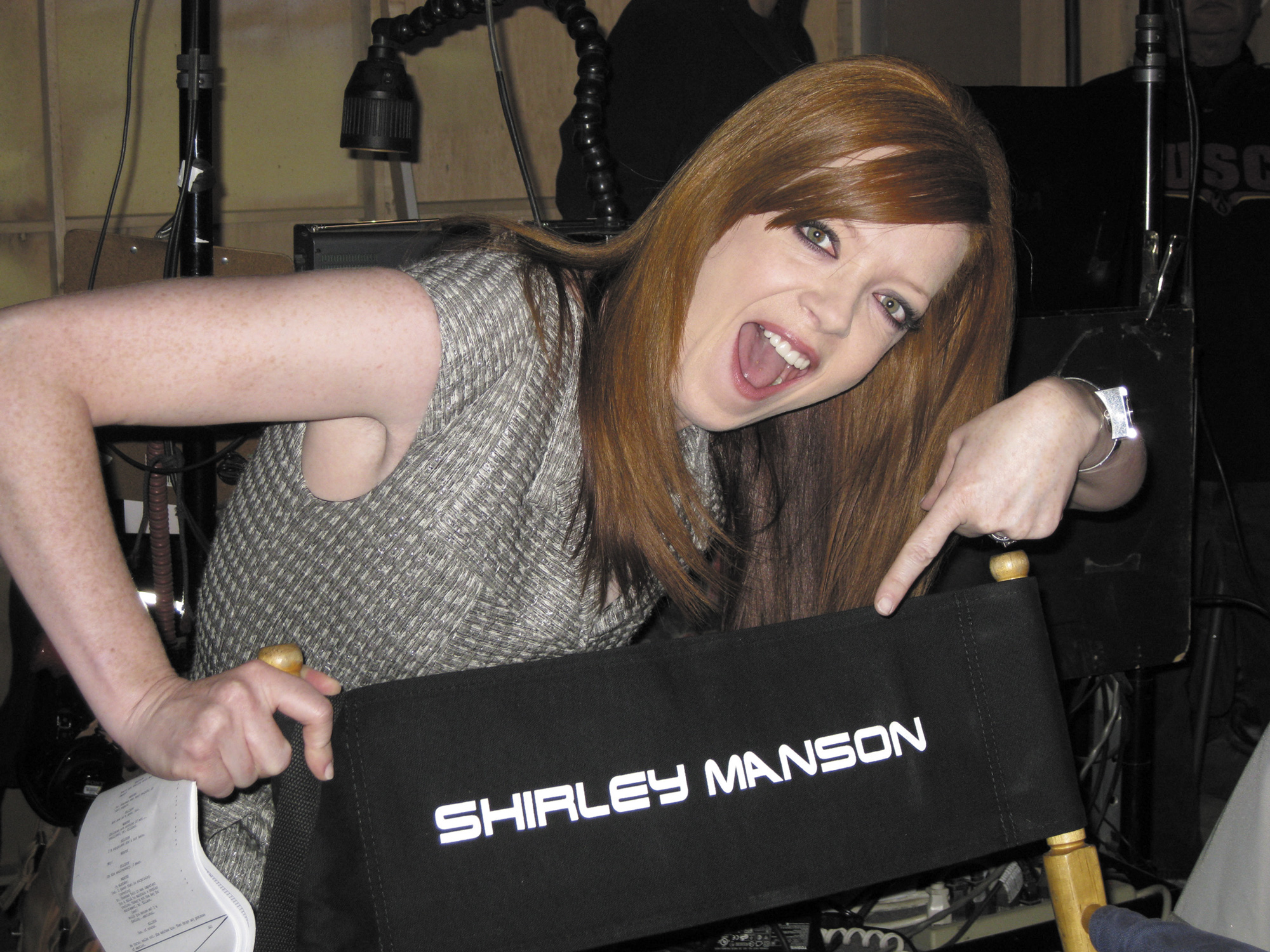
LA in three words?
Progressive, glorious, heartbreaking.
What juice would you be? And why?
That is so easy for me. I would be carrot juice for obvious reasons. There’d be no unadulterated extra ingredients or anything like that. I would just be pure 100% carrot juice.
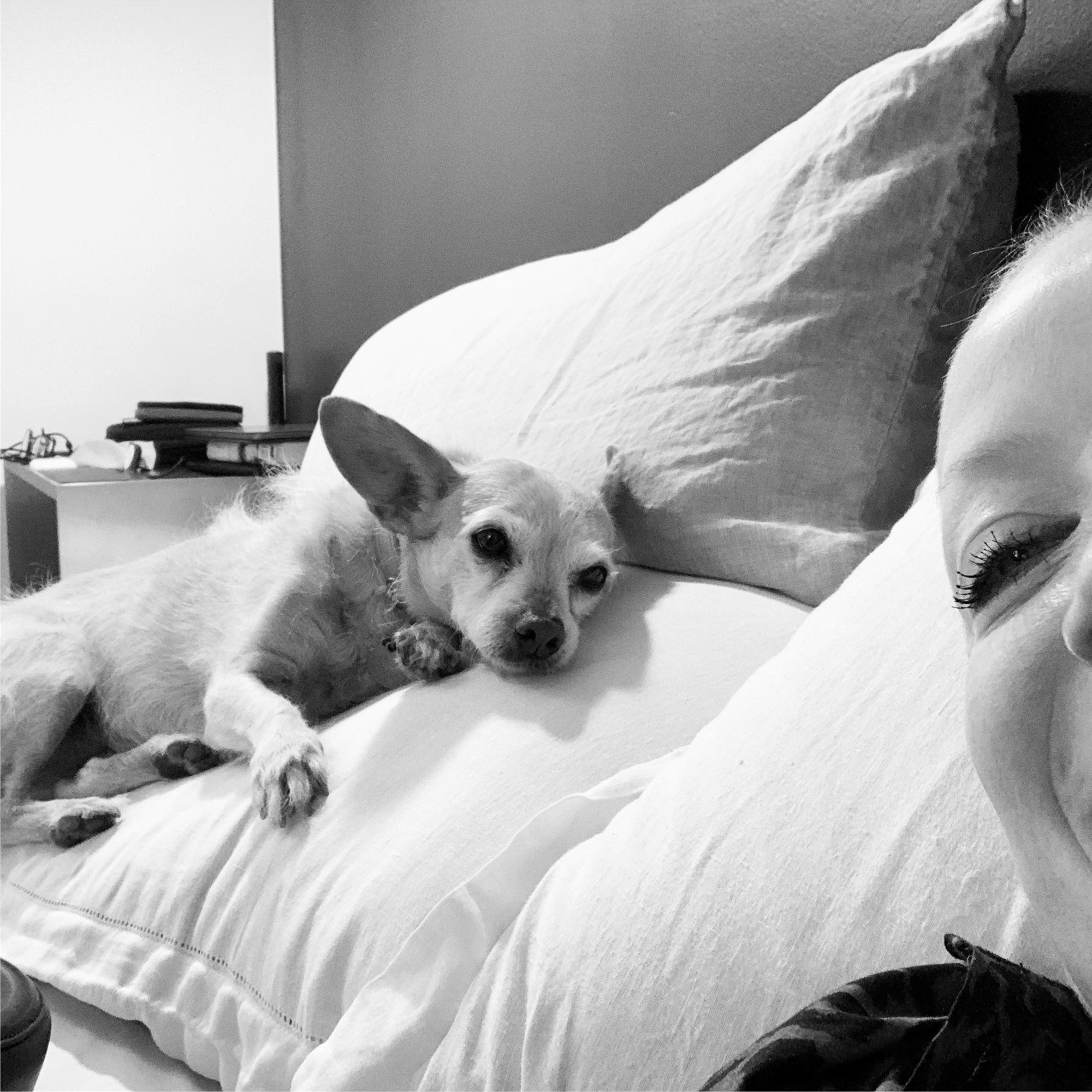
Any final words, Shirley Manson?
Authenticity is priceless and it’s timeless. I didn’t understand what currency it would hold until very recently. As an artist you have to be willing to be authentic in order to have a long career. But it takes risks to be honest. You run the risk of being laughed at, which I have been many times, and doubted and castigated, which I have been many times, but I’m still here and I still have a career. So I feel very strongly, particularly in the culture that we’re living in right now of fake news and fake narratives, that authenticity is of primary importance.
See more of what Shirley Manson is up to on Facebook: @shirleymanson and at garbage.com
This interview was first published on May 26, 2020.
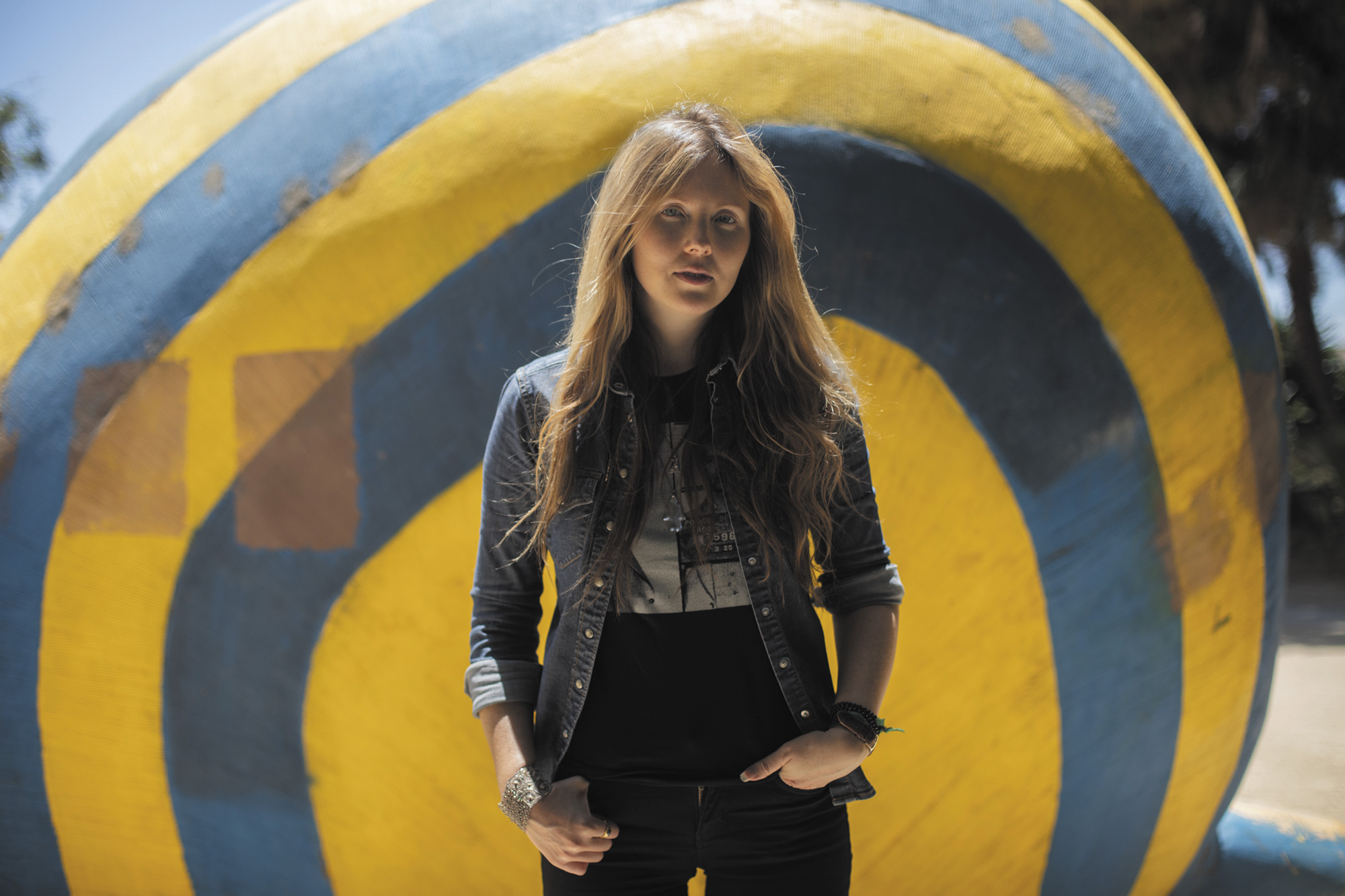
Beatie Wolfe is a London-born, LA-based artist and innovator who has beamed her music into space, been appointed as a UN Women Role Model for Innovation and held a solo exhibition for her album designs at the V&A Museum. Wolfe’s next musical innovation is an environment protest piece titled From Green To Red, which will be exhibited at the London Design Biennale in Somerset House after its preview at the Inaugural Nobel Prize Summit 2021. Check out more of her work on her site and on Instagram.
